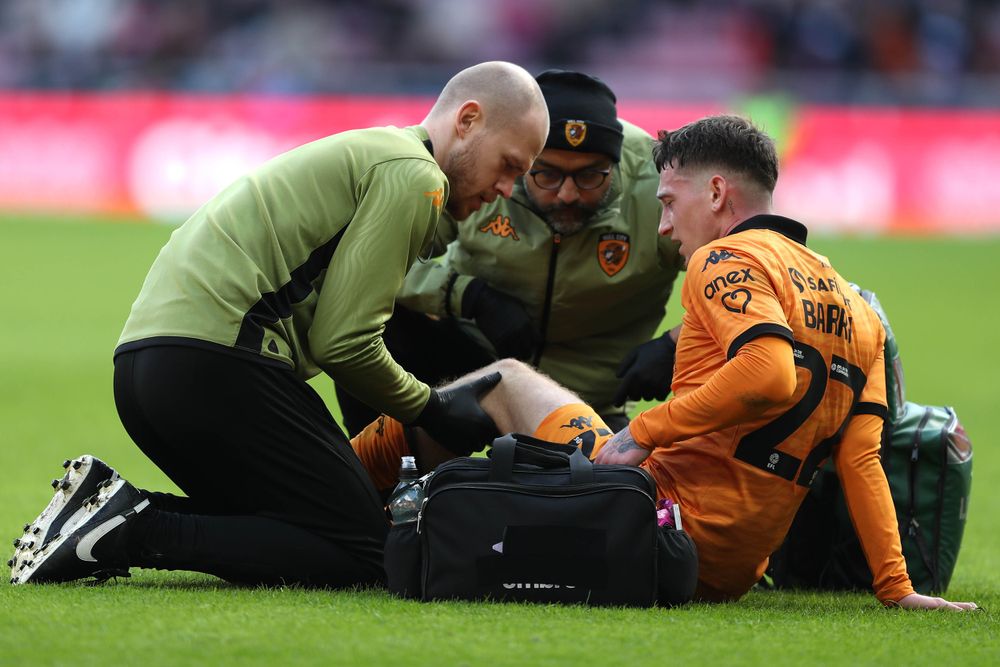‘I have been researching death for 30 years. I am now convinced it is reversible’

Cryonics has yet to prove that it is capable of returning people to life (Parnia calls it “wishful thinking”), though “the idea that cooling the body is highly protective is true”. He points to the case of a British woman who developed hypothermia while hiking in Spain in 2019, whose heart stopped for six hours while rescue teams tried to locate her. “That’s way past what we consider dead for humans,” Parnia says. Yet after being flown to a specialist centre with an extracorporeal membrane oxygenation machine (ECMO, which takes on the function of the heart and lungs when the body is unable to do so), she was revived. “She was lucky they had [ECMO]. They did it, they didn’t give up on her. If they had taken her to another place, she would have been declared dead.” (In another similar case, a woman was brought back to life seven hours after being found in the cold in a park.)
Back from the dead
These are reported as exceptional cases, but Parnia says they needn’t be. For the most part, CPR, which was introduced in 1959, remains our sole revival method – in spite of the fact it has a 10 per cent success rate, and many hospitals have ECMO machines. “Why do it with something that’s so inferior, which either doesn’t work properly or it ends up bringing people back but leaves them with brain damage?” Parnia rails. “It doesn’t make sense.”
Still, it is not only the will that is holding medical professionals back from mounting a full-time resurrection mission. With hospitals overstretched – NHS waiting lists hit a record high in August, rising for the fifth consecutive month – the likelihood of departments having the resources and staff to keep at patients’ bedsides 24/7 feels perhaps more far flung than the idea of people returning from the dead in the first place.
But Parnia is convinced it is possible, the fact he is part-way through an intensive care shift when we speak is doing nothing to dilute his fervour. Though his fascination with the subject began in 1994, when a man he had been chatting with an hour earlier suddenly flatlined in the hospital where he was working, the pursuit has only recently begun to feel personal.
Giving up too soon?
He notes that his age and gender makes him a prime heart attack risk, “so I tell everyone, look, I’m going to have a cardiac arrest soon. And I’m appalled at the treatment I’m going to get… It’s atrocious what we have to go through when [interventions] are possible,” he says. “If I have a heart attack and die tomorrow, why should I stay dead? That’s not necessary anymore.”
Parnia doesn’t believe everyone who dies needs to be brought back – someone with multiple organ failure is obviously an unsuitable candidate for life-extension. But of the many “heartbreaking” cases of people who die while in otherwise good health (Parnia cites a young mother stabbed to death in a Sydney mall attack earlier this year, or those killed in war), we are giving up too soon. “You just need someone to go to the operating room, find where the laceration was, stitch it together, and put blood back into your body again,” he says. Those who die while “otherwise young, who are otherwise healthy – those people are all potentially salvageable”.
To Parnia, these ideas aren’t ghoulish, but “hopeful, astonishing and life-affirming”. Just as bringing people back via CPR would have been considered the stuff of fantasy 100 years ago, “I have little doubt that, in the future, people who would be declared dead today will be routinely brought back to life.” He acknowledges that major shifts of this kind are unlikely to have fully taken hold by the time his own death comes, but he remains optimistic, he says. “As I look forward, I am excited to think about what will be discovered.”
Lucid Dying by Sam Parnia is out on August 29.
Related
Barry Fitness Update
HULL CITY Tickets Store Sign In NewsMatchesTeams NewsTigers+MatchesTeamsTicketsShop OFFICIAL CLUB APPS Fans First Time Vis
David Beckham Opens Up About Turning 50, Finally Mastering Pull-Ups,…
To watch David Beckham strike a trademark free kick with the instep of his right foot, bending the ball around a defensive wall and into the postage stamp of th
UP CLOSE: How a Kenilworth bootcamp became one of the…
Fostering a community atmosphere and putting fitness first are the secret to success for one of the UK's biggest independent gym chains, w












